Home>diy>Building & Construction>How To Obtain A Construction License
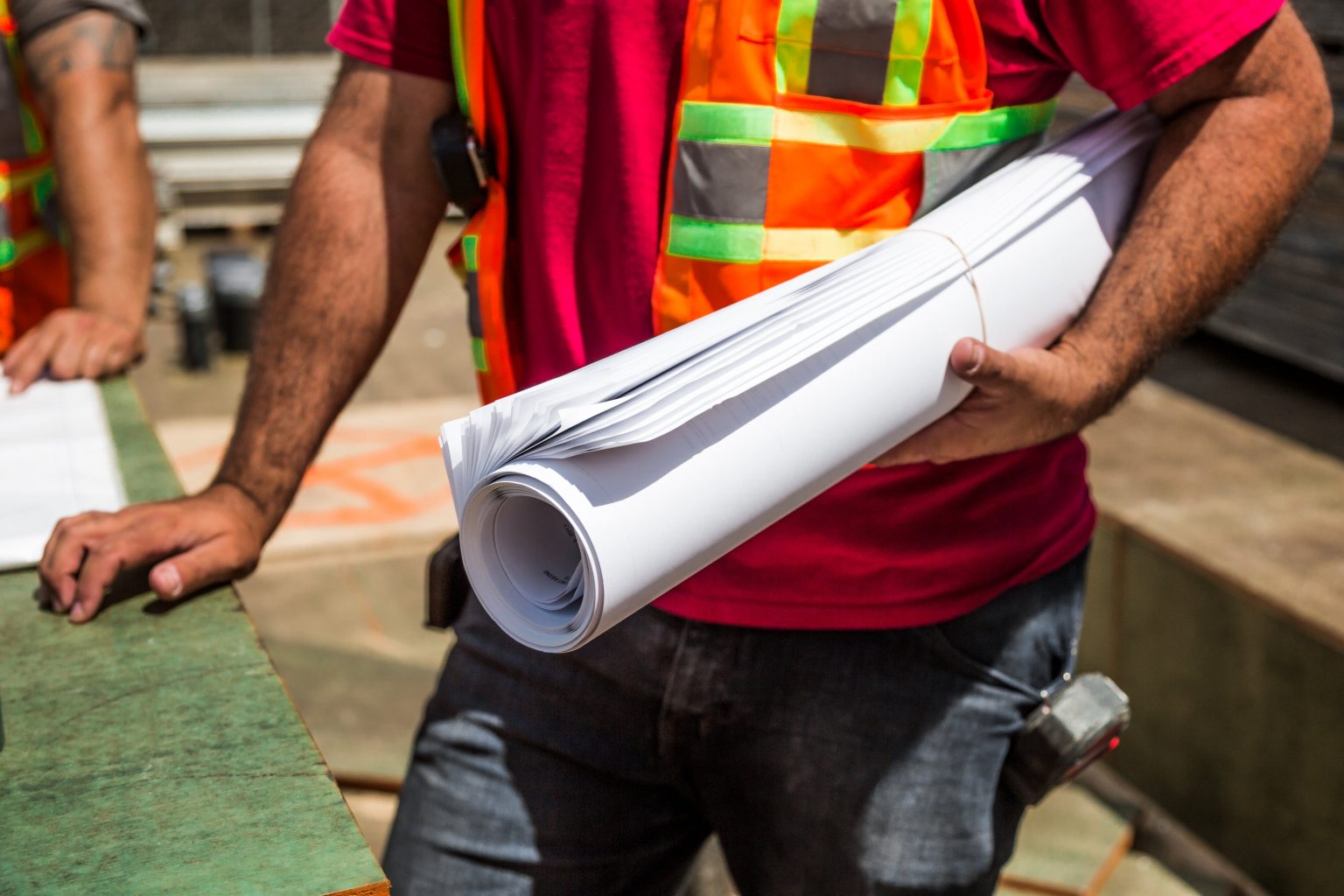

Building & Construction
How To Obtain A Construction License
Modified: January 24, 2024
Learn how to obtain a construction license for building construction projects. Ensure compliance and legal requirements. Gain the expertise you need to start your construction business.
(Many of the links in this article redirect to a specific reviewed product. Your purchase of these products through affiliate links helps to generate commission for Storables.com, at no extra cost. Learn more)
Introduction
Obtaining a construction license is a crucial step for building professionals who want to establish themselves in the industry. A construction license not only allows you to legally operate as a contractor but also demonstrates your expertise and credibility to potential clients and partners.
However, the process of obtaining a construction license can be complex and overwhelming without proper guidance. In this article, we will provide you with a step-by-step guide on how to obtain a construction license, ensuring that you navigate through the requirements and procedures smoothly.
Whether you are a seasoned contractor looking to expand your business or an aspiring builder taking your first steps into the industry, this article will equip you with the knowledge you need to obtain a construction license and thrive in the competitive construction market.
From understanding the requirements to completing the application process, we will cover all the essential aspects you need to know. So let’s dive in and explore the world of construction licensing!
Key Takeaways:
- Understanding the specific requirements, researching licensing agencies, and completing the application accurately are crucial steps in obtaining a construction license. Thorough preparation and adherence to the necessary steps pave the way for a successful license application.
- Acquiring insurance, contractor bonds, attending pre-licensing education, and maintaining professionalism post-licensure are essential for thriving in the competitive construction market. These steps not only provide financial protection but also build trust with clients and establish a reputation as a reliable and skilled contractor.
Read more: How To Obtain Home Improvement License In DC
Understanding the Requirements
The first step in obtaining a construction license is to understand the specific requirements set by your local licensing agency. Each jurisdiction may have different requirements and qualifications, so it is essential to familiarize yourself with the regulations in your area.
The most common requirements for obtaining a construction license include:
- Evidence of experience: Many licensing agencies require a minimum number of years of experience in the construction industry. This can be demonstrated through documentation such as past project records, client references, or employer verification.
- Education and training: Some jurisdictions may require completion of specific educational programs or training courses related to construction. These courses can cover topics such as building codes, safety regulations, construction techniques, and project management.
- Financial stability: In order to obtain a construction license, you may need to provide evidence of financial stability. This can include bank statements, financial statements, or proof of insurance coverage.
- Character references: Some licensing agencies require character references from professionals in the construction industry or other reputable individuals who can vouch for your integrity and professionalism.
- Background checks: Depending on your jurisdiction, a background check may be conducted to ensure that you have no criminal history related to construction or other relevant offenses.
It is crucial to thoroughly research the requirements specific to your jurisdiction and ensure that you meet all the criteria before proceeding with the application process. Failure to meet any of the requirements may result in delays or potential denial of your construction license.
Additionally, some jurisdictions may have additional requirements based on the type of construction work you plan to perform. For example, if you intend to work on residential projects, you may need to meet additional qualifications or obtain specific licenses for residential construction.
By understanding the requirements upfront, you can better prepare yourself and ensure that you have all the necessary documentation and qualifications before applying for your construction license.
Researching Licensing Agencies
Once you have a clear understanding of the requirements for obtaining a construction license, the next step is to research the licensing agencies in your jurisdiction. Licensing agencies are typically government entities responsible for overseeing and regulating the construction industry.
Here are some key steps to effectively research licensing agencies:
- Identify the relevant licensing agency: Start by determining which licensing agency is responsible for issuing construction licenses in your area. This information can usually be found on the government’s official website or by contacting the local building department.
- Review the agency’s website and resources: Visit the licensing agency’s website to gather information about the license application process, required documentation, and fees. Take note of any guidelines or resources they provide to ensure that you are well-informed throughout the application process.
- Check for any additional requirements: Some licensing agencies may have additional requirements specific to their jurisdiction. These requirements may include specific exams, interviews, or other assessments that applicants must undergo. Make sure to familiarize yourself with these additional requirements to properly prepare for the application process.
- Verify the agency’s legitimacy: Ensure that the licensing agency you are dealing with is legitimate and authorized to issue construction licenses. You can do this by checking their accreditation status, reading reviews or testimonials from other contractors, and contacting the agency directly if you have any doubts.
- Reach out for further clarification: If you have any questions or need clarification regarding the license application process, don’t hesitate to contact the licensing agency directly. They will be able to provide you with the most accurate information and guide you through any uncertainties you may have.
Researching licensing agencies is a vital step in the process of obtaining a construction license. By gaining a clear understanding of their requirements, processes, and any additional guidelines, you will be better equipped to navigate through the application process smoothly. Remember, different jurisdictions may have different procedures and regulations, so it is essential to gather the necessary information specific to your area.
Completing the Application
Once you have familiarized yourself with the requirements and researched the licensing agency, it’s time to complete the application for your construction license. The application is a crucial step in the process, as it officially demonstrates your intention to become a licensed contractor.
Here are some key steps to follow when completing the application:
- Gather the required documentation: Review the list of required documentation provided by the licensing agency and ensure you have all the necessary paperwork. This may include proof of experience, educational certificates, financial statements, character references, and any other documents specified by the agency.
- Read and understand the instructions: Carefully read through the application form and instructions provided by the licensing agency. Understand the questions asked and any specific details required in each section of the application.
- Provide accurate and complete information: Fill out the application form with accurate and up-to-date information. Double-check the accuracy of your contact details, work history, and any other relevant information to avoid delays or complications in the application process.
- Attach supporting documentation: Attach the required supporting documentation to the application form as instructed by the agency. Ensure that all documents are properly organized, legible, and meet the agency’s specifications.
- Review and proofread your application: Before submitting the application, carefully review and proofread all the information provided. Check for any errors, omissions, or inconsistencies and make the necessary corrections to ensure your application is accurate and professional.
- Follow any additional submission guidelines: Some licensing agencies may have specific guidelines for submitting the application. This may include mailing the application, submitting it electronically, or delivering it in person. Follow the agency’s instructions carefully to ensure your application reaches the right department within the specified timeframe.
Completing the application accurately and thoroughly is essential to avoid any potential delays or complications in the licensing process. Take your time, follow the instructions provided, and ensure that all required documents are included. By submitting a well-prepared application, you increase your chances of obtaining your construction license smoothly and efficiently.
Submitting Required Documentation
After completing the application for your construction license, the next step is to gather and submit the required documentation. The documentation serves as evidence of your qualifications, experience, and compliance with the licensing agency’s requirements. Properly organizing and submitting the necessary documents is crucial to ensure a smooth application process.
Here are some key steps to follow when submitting required documentation:
- Review the agency’s documentation checklist: The licensing agency typically provides a checklist of required documents. Carefully review this list and ensure that you have all the necessary paperwork.
- Organize your documents: Properly organize your documents to make it easy for the licensing agency to review them. Consider using separate folders or envelopes for each category of documents. For example, one folder can contain your educational certificates, another for work experience documentation, and so on.
- Make copies of all documents: Before submitting the original documents, make multiple copies of each one. This ensures that you have backup copies for your own records and in case any documents get lost during the review process.
- Ensure documents are legible: Check that all documents are clear and legible. If a document is difficult to read or understand, it may lead to delays or requests for resubmission.
- Follow the submission guidelines: Review the submission guidelines provided by the licensing agency. Follow the specified format for each document (such as size, file type, or paper orientation). If there are specific instructions for submission, such as mailing or electronic submission, ensure that you comply with them.
- Keep track of submission deadlines: Take note of any deadlines for submitting the required documentation. Missing deadlines may result in delays in the processing of your application.
- Submit the documents securely: If submitting physical copies, consider using registered or certified mail to ensure the documents reach the licensing agency safely. For electronic submissions, make sure to follow the proper protocol to protect the confidentiality and integrity of your documents.
Remember that proper organization, legibility, and adherence to submission guidelines are essential when submitting required documentation. By submitting complete and well-organized documentation, you help facilitate the review process and increase the chances of a timely approval of your construction license application.
Paying the Fees
As part of the construction license application process, you will be required to pay various fees to the licensing agency. These fees cover the costs associated with reviewing your application, conducting any necessary assessments or inspections, and issuing your construction license. It is important to understand the fee structure and ensure timely payment to avoid any delays in the licensing process.
Here are some key considerations when paying the fees:
- Review the fee schedule: The licensing agency will provide a fee schedule detailing the costs associated with the application process. Familiarize yourself with this schedule to understand the specific fees applicable to your application.
- Calculate the total fee amount: Assess the total amount you are required to pay by adding up all the applicable fees. Take into account any additional fees for services such as background checks or exams.
- Payment methods: Check the accepted payment methods for the licensing agency. Common options include credit/debit card payments, bank transfers, or money orders. Choose a method that is convenient for you and ensure you have the necessary funds available.
- Submit payment on time: Timely payment is crucial to avoid delays in the processing of your application. Pay close attention to any payment deadlines specified by the licensing agency. Late payments may result in penalties or even the rejection of your application.
- Retain proof of payment: Keep a copy of your payment confirmation or receipt for your records. This documentation serves as proof of payment and can be helpful in case of any discrepancies or inquiries.
- Follow up on payment status: If you do not receive confirmation of your payment within a reasonable timeframe, follow up with the licensing agency to ensure that your payment has been received and processed.
Remember, paying the necessary fees is an important part of the construction license application process. By understanding the fee structure, calculating the total amount, and submitting payment on time, you can ensure a smooth and efficient processing of your application.
Before applying for a construction license, research the specific requirements and regulations in your area. This will help ensure that you have all the necessary documentation and qualifications before submitting your application.
Passing the Exam
In some jurisdictions, passing an exam is a requirement to obtain a construction license. The purpose of the exam is to assess your knowledge and understanding of the construction industry, codes and regulations, and best practices. Preparing for and successfully passing the exam is crucial in demonstrating your competency as a licensed contractor. Here are some key steps to help you pass the exam:
- Understand the exam format: Familiarize yourself with the structure and format of the exam. Determine if it is a written exam, multiple-choice questions, or a combination of different question types. Understanding the exam format will help you prepare effectively.
- Access study materials: Obtain the recommended study materials, which may include textbooks, reference guides, online resources, or practice exams. These study materials will help you review the relevant topics and content that you will be tested on.
- Create a study plan: Develop a study plan that outlines the topics you need to cover and the time you need to dedicate to studying. Break down your study sessions into smaller, manageable chunks to facilitate better comprehension and retention.
- Review the exam content: Thoroughly review the content areas that the exam will assess. Study topics such as construction methods, building codes, safety regulations, project management, and industry best practices. Pay attention to any specific areas of focus mentioned in the exam guidelines.
- Take practice exams: Practice exams are invaluable in helping you familiarize yourself with the exam format and assess your knowledge. Engage in practice exams to identify areas of weakness and adjust your study plan accordingly.
- Seek additional resources or support: If you find certain concepts challenging or need further clarification, don’t hesitate to seek additional resources or assistance. Consider joining study groups, attending review courses, or consulting industry professionals to enhance your understanding.
- Manage exam day stress: On the day of the exam, ensure that you are well-rested, nourished, and arrive at the testing location early. Take deep breaths, stay focused, and trust in the preparation you have done.
- Read instructions carefully: Before starting the exam, carefully read the instructions provided. Understand the guidelines for answering questions, time limits, and any specific requirements.
- Stay calm and confident: During the exam, maintain a calm and focused mindset. Avoid rushing through questions and take your time to understand and analyze each question before providing your answer.
- Review your answers: Once you have completed the exam, go back and review your answers if time allows. Look for any errors or areas that you may want to reconsider.
By following these steps and investing time and effort into exam preparation, you can improve your chances of passing the exam and obtaining your construction license. Remember, the exam is an opportunity to showcase your knowledge and competency as a licensed contractor, so approach it with determination and confidence.
Obtaining Insurance
Obtaining insurance is a critical step in the process of obtaining a construction license. Insurance coverage provides financial protection for yourself, your clients, and your business in the event of accidents, property damage, or liability claims that may arise during construction projects. Here are some key considerations when obtaining insurance:
- Evaluate your insurance needs: Assess the specific insurance coverage required for your construction business. Common types of insurance for contractors include general liability insurance, workers’ compensation insurance, property insurance, and professional liability insurance. Determine the coverage limits and types of risks you need protection against.
- Research insurance providers: Look for reputable insurance providers that specialize in construction industry coverage. Consider factors such as their financial stability, customer service reputation, and experience in the construction sector. Read reviews and seek recommendations from other contractors or industry professionals.
- Obtain multiple quotes: Request quotes from multiple insurance providers to compare coverage options and premium costs. Take into account the deductibles, exclusions, and additional features offered by each policy. Choose a provider that offers comprehensive coverage at a competitive price.
- Review policy details: Carefully review the policy documents, including the terms and conditions, coverage limits, and any exclusions. Ensure that the policy meets your specific requirements and provides the necessary protection for your construction business.
- Consider additional coverage options: Depending on the nature of your construction projects, you may require additional coverage options such as pollution liability insurance, builder’s risk insurance, or equipment insurance. Evaluate the specific risks you face and discuss these options with your insurance provider.
- Maintain insurance documentation: Keep copies of all insurance policies, certificates of insurance, and relevant documentation in a secure and easily accessible location. Ensure that your insurance coverage remains valid and up to date by renewing policies on time and promptly updating any changes in your business operations or projects.
- Communicate with clients and partners: Clearly communicate your insurance coverage to clients, subcontractors, and other partners involved in your construction projects. Providing proof of insurance can instill confidence and build trust in your ability to fulfill contractual obligations and manage potential risks.
- Regularly review and update coverage: As your construction business evolves and expands, regularly review your insurance coverage to ensure that it aligns with your current needs. Periodically assess your risk exposure and make adjustments to your coverage as necessary.
- Seek professional advice if needed: If you are uncertain about the insurance requirements or have complex project needs, consider consulting an insurance specialist or broker who specializes in construction insurance. They can provide expert advice and guidance tailored to your situation.
Obtaining appropriate insurance coverage is essential to protect yourself, your business, and your clients in the construction industry. By carefully evaluating your insurance needs, researching providers, and maintaining comprehensive coverage, you can mitigate potential risks and confidently operate as a licensed contractor.
Acquiring Contractor Bonds
Acquiring contractor bonds is an important step in the process of obtaining a construction license. A contractor bond serves as a form of financial protection for clients and ensures that you will fulfill your contractual obligations and comply with applicable laws and regulations. Here are some key points to consider when acquiring contractor bonds:
- Understand the different types of bonds: There are various types of contractor bonds, including bid bonds, performance bonds, and payment bonds. Each type serves a specific purpose, such as guaranteeing that you will complete the project as per the contract or securing payment to subcontractors and suppliers.
- Research bond requirements: Familiarize yourself with the bond requirements set by the licensing agency or the project owners. Determine the bond amounts, documentation needed, and any specific bond regulations that apply to your jurisdiction or project.
- Select a reputable bonding company: Look for a reliable and reputable bonding company that specializes in contractor bonds. Research their experience, financial stability, and track record in the industry. Check if they are authorized to issue bonds in your area.
- Obtain a bond quote: Contact the bonding company to request a quote for the required bond. Provide them with the necessary information, such as project details, your financial information, and any other documents they may require.
- Evaluate bond terms and conditions: Carefully review the terms and conditions of the bond, including the premium costs, coverage limits, and any exclusions or requirements. Ensure that you understand all the obligations and responsibilities associated with the bond.
- Complete the bond application process: Submit the bond application along with any required documentation to the bonding company. The application may require information about your business, financial statements, references, and proof of insurance coverage.
- Pay the bond premium: Upon approval of the bond application, you will need to pay the bond premium. The premium is typically a percentage of the bond amount and can vary based on factors such as the project’s size, complexity, and your creditworthiness.
- Receive the bond documentation: Once you have paid the bond premium, the bonding company will issue the bond documentation. This documentation serves as proof of the bond and should be kept in a safe place.
- Provide proof of bonding to clients and project owners: Ensure that you provide proof of bonding to your clients and project owners as required. This can establish trust and credibility, as it demonstrates your financial responsibility and commitment to fulfilling your contractual obligations.
- Adhere to bond requirements throughout the project: It is important to comply with all the terms and conditions of the bond throughout the duration of the project. Failure to uphold the requirements may result in a bond claim, which can negatively impact your reputation and ability to obtain future bonds.
Acquiring contractor bonds is an essential aspect of the construction licensing process. By understanding the bond requirements, selecting a reputable bonding company, and adhering to the terms and conditions of the bond, you can instill confidence in your clients and project owners and demonstrate your commitment to professionalism and accountability as a licensed contractor.
Read more: How To Obtain A Utah Burglar Alarm License
Attending Pre-Licensing Education
Attending pre-licensing education is a crucial step in the process of obtaining a construction license. Pre-licensing education programs provide essential knowledge and training that prepare aspiring contractors for the responsibilities and challenges of the construction industry. Here are some key points to consider when attending pre-licensing education:
- Research approved education providers: Find out which education providers or training programs are approved by your local licensing agency. Check their credibility, reputation, and the relevance of their curriculum to the construction industry.
- Choose the appropriate program: Select an education program that aligns with the type of construction work you plan to undertake. Different programs may focus on residential, commercial, industrial, or specialized construction projects. Determine the program that best suits your career goals and interests.
- Review program requirements: Familiarize yourself with the specific requirements of the pre-licensing education program. This may include the number of classroom hours, coursework, exams, and any practical training or fieldwork.
- Enroll in the program: Once you have identified the appropriate program, enroll in the pre-licensing education course. Follow the registration process and ensure that you meet any prerequisites or documentation requirements.
- Attend classes and engage in coursework: Actively participate in classes and engage in coursework to gain a comprehensive understanding of the construction industry. Take notes, ask questions, and participate in discussions to enhance your learning experience.
- Complete assignments and exams: Fulfill all the requirements of the pre-licensing education program, including completing assignments, projects, and exams. Demonstrate your understanding of the concepts and principles taught in the course.
- Network with peers and instructors: Take advantage of the opportunity to network with fellow students and instructors. Engage in collaborative projects, attend study groups, and seek insights from experienced professionals in the construction industry.
- Stay updated on industry trends: Construction is an ever-evolving industry with new technologies, regulations, and best practices emerging regularly. Stay informed about current industry trends by attending workshops, industry conferences, and subscribing to relevant publications.
- Focus on practical application: While theoretical knowledge is important, ensure that you understand how to apply concepts in real-world scenarios. Seek opportunities for hands-on experience, internships, or apprenticeships to bridge the gap between theory and practice.
- Maintain certification or continuing education requirements: Some jurisdictions may require contractors to demonstrate ongoing education or professional development to maintain their license. Stay informed about any continuing education requirements and fulfill them as necessary.
Attending pre-licensing education equips you with the fundamental knowledge and skills needed to excel in the construction industry. By actively participating in the program, networking with peers, staying updated on industry trends, and focusing on practical application, you can enhance your understanding and readiness as a licensed contractor.
Obtaining Your Construction License
After completing all the necessary steps, including understanding the requirements, researching licensing agencies, completing the application, submitting required documentation, paying the fees, passing the exam, obtaining insurance, acquiring contractor bonds, and attending pre-licensing education, you are ready to finalize the process and obtain your construction license. Here are the final steps to obtain your construction license:
- Verify application completion: Double-check that you have completed all the required steps and that your application is accurate and complete. Review your submitted documentation, payment receipts, and any other supporting materials to ensure nothing has been missed.
- Follow up with the licensing agency: If you have not received any communication from the licensing agency within the expected timeframe, reach out to them and inquire about the status of your application. Keep track of any additional documentation they may request and promptly provide the necessary information.
- Address any deficiencies or requests for clarification: If the licensing agency identifies any deficiencies or requests additional information during the application review process, promptly address their concerns and provide the requested documentation or clarification. This will help expedite the processing of your application.
- Thoroughly review your license: Once you receive notification of your approved construction license, carefully review the license document to ensure all the information is accurate. Verify the license expiration date, license number, and any additional endorsements or restrictions.
- Renew your license as necessary: Construction licenses typically require renewal after a certain period, which can vary depending on your jurisdiction. Ensure that you keep track of your license expiration date and initiate the renewal process well in advance to prevent any gaps in your licensure.
- Display your license prominently: Display your construction license prominently at your office or job site as required by your licensing agency. This not only demonstrates your compliance with regulations but also instills confidence in clients and stakeholders.
- Comply with ongoing requirements: Be aware of any ongoing requirements imposed by your licensing agency, such as continuing education, reporting obligations, or renewal fees. Stay updated on any changes in regulations and ensure that you remain in compliance throughout the life of your construction license.
- Maintain professionalism and integrity: Obtaining your construction license is a significant achievement that affirms your expertise and commitment to ethical practices in the construction industry. Maintain professionalism and integrity in all your dealings as a licensed contractor to build a strong reputation and ensure long-term success.
Obtaining your construction license is a milestone that opens doors to exciting opportunities and establishes your credibility in the industry. By following these final steps, you can successfully obtain your construction license and embark on a fulfilling and prosperous career as a licensed contractor.
Conclusion
Obtaining a construction license is a significant accomplishment that allows you to legally operate as a contractor and showcase your expertise in the construction industry. While the process may seem complex, with careful preparation and adherence to the necessary steps, you can successfully obtain your construction license.
Throughout this article, we have explored various key aspects involved in obtaining a construction license. From understanding the requirements and researching licensing agencies to completing the application, submitting required documentation, paying the fees, passing the exam, obtaining insurance, acquiring contractor bonds, attending pre-licensing education, and finally obtaining your construction license, each step plays a vital role in the overall process.
By understanding the requirements specific to your jurisdiction, conducting thorough research, and ensuring your application is accurate and complete, you set a strong foundation for a successful license application. Attending pre-licensing education and passing the exam help solidify your knowledge and demonstrate your competency as a licensed contractor. Acquiring insurance and contractor bonds provide financial protection and build trust with clients and project owners.
Once you have obtained your construction license, it is essential to comply with ongoing requirements, maintain professionalism, and continuously update your knowledge to stay current with industry trends and regulations. By doing so, you can thrive in the competitive construction market and establish a reputation as a reliable and skilled contractor.
In conclusion, the journey to obtaining a construction license may require time, effort, and dedication, but the rewards are well worth it. The license not only allows you to pursue your passion in the construction industry but also provides you with opportunities for growth, fosters trust with clients, and sets you apart from competitors.
Remember, each step along the way is crucial, and it is essential to approach the process with diligence, professionalism, and a commitment to upholding the highest standards of quality and integrity in your construction projects. As a licensed contractor, you have the power to make a positive impact and contribute to the growth and development of the construction industry.
Frequently Asked Questions about How To Obtain A Construction License
Was this page helpful?
At Storables.com, we guarantee accurate and reliable information. Our content, validated by Expert Board Contributors, is crafted following stringent Editorial Policies. We're committed to providing you with well-researched, expert-backed insights for all your informational needs.
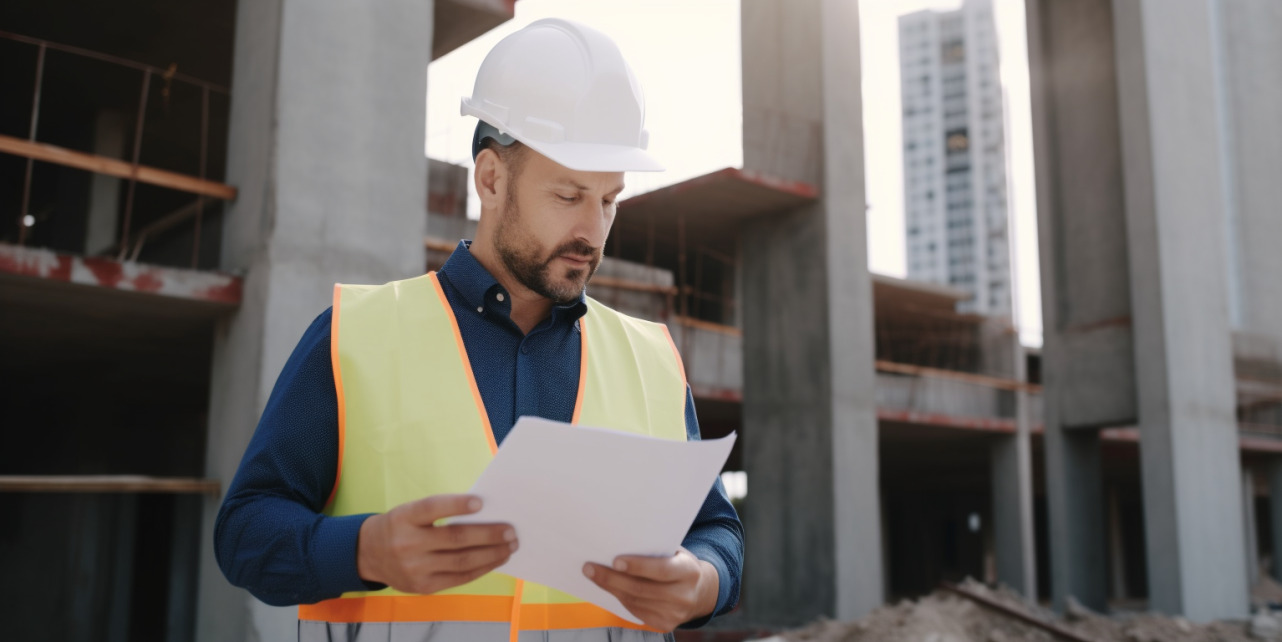
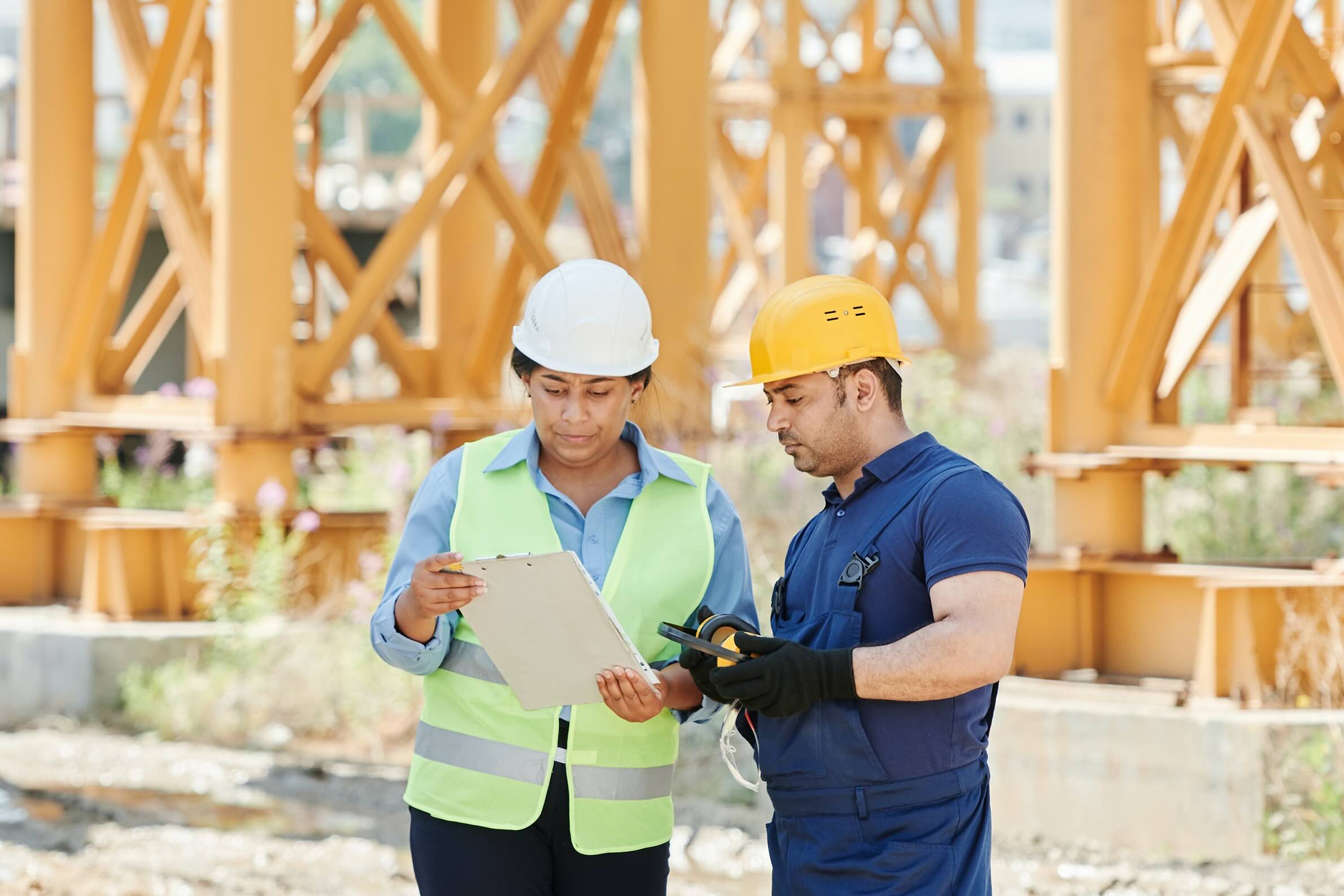







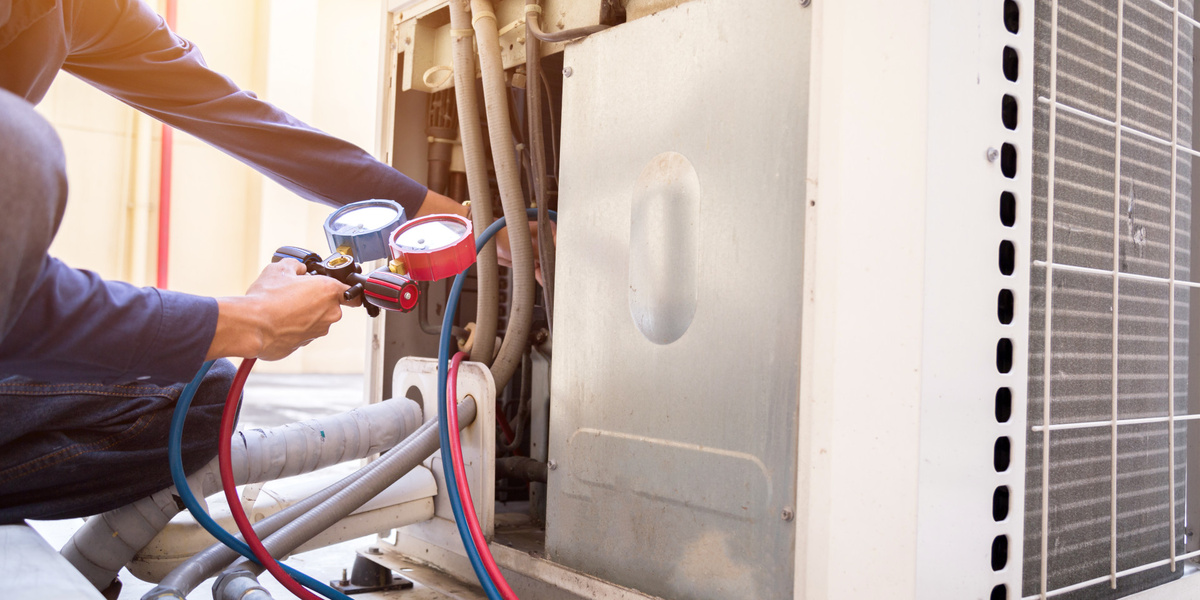
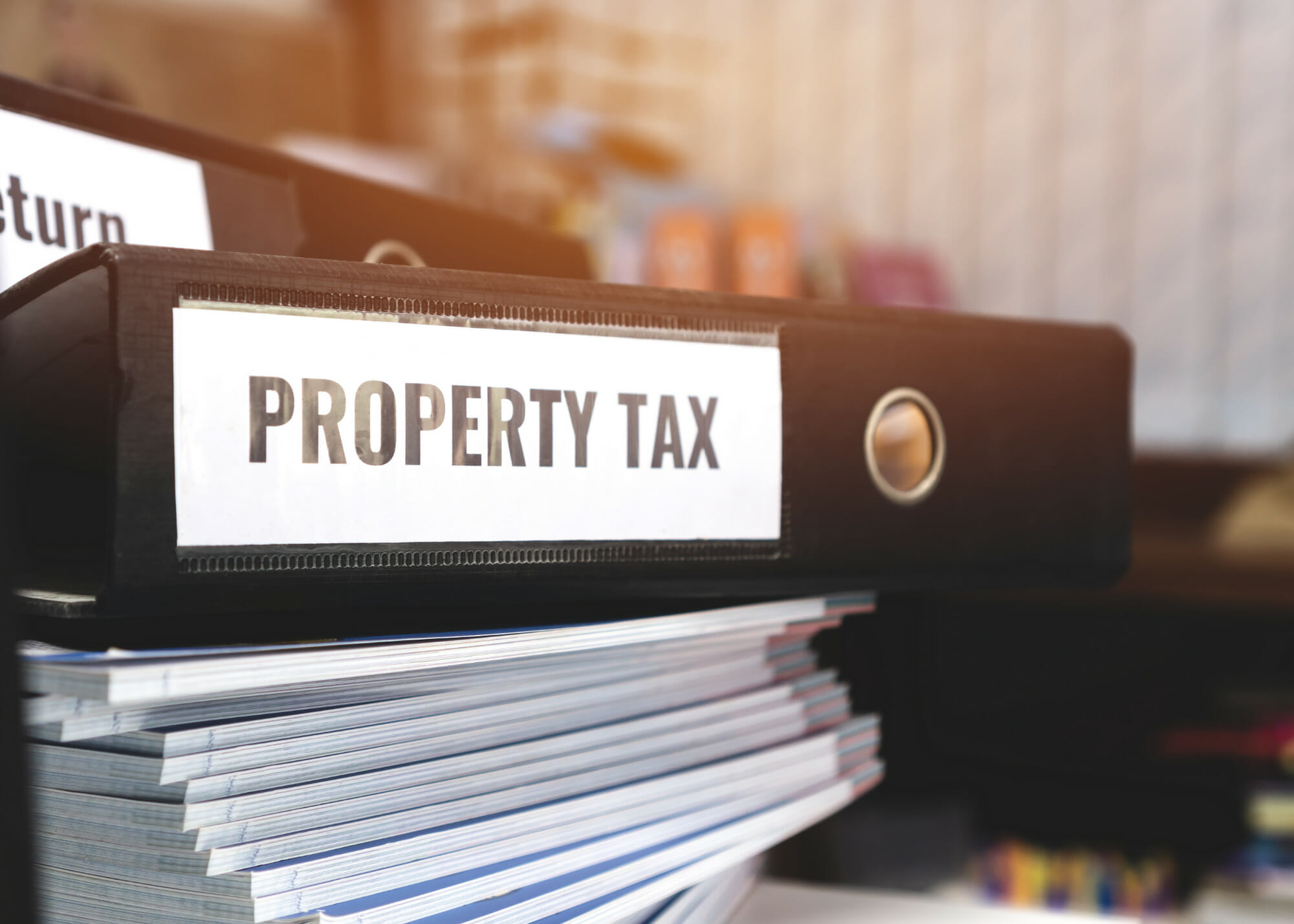
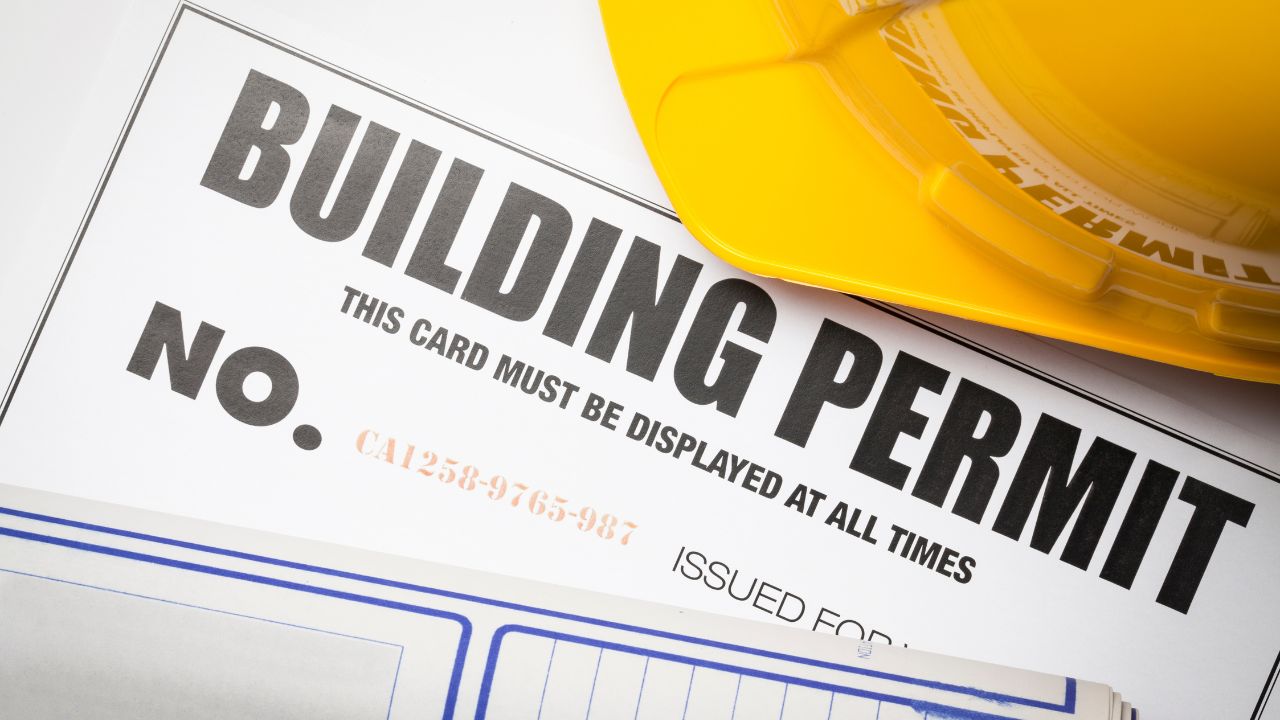
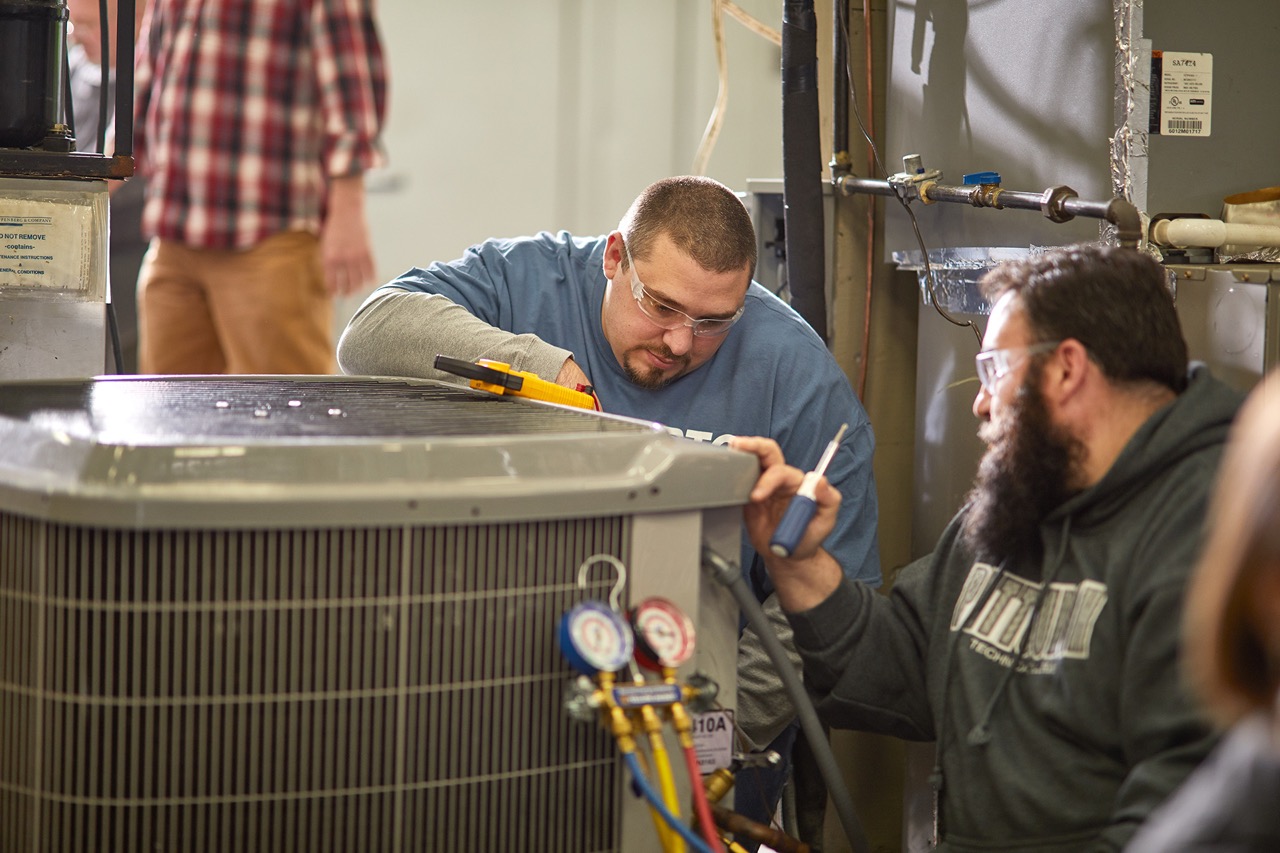

0 thoughts on “How To Obtain A Construction License”